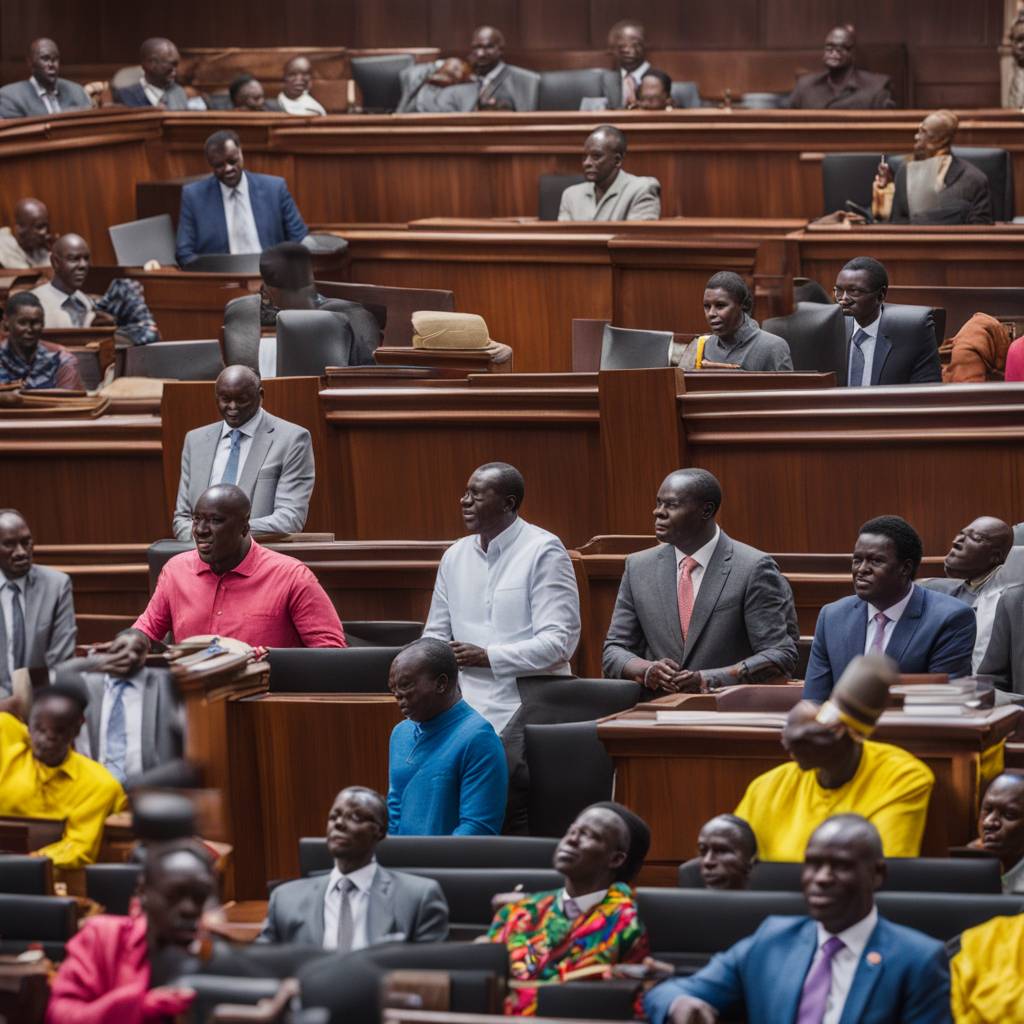Uganda’s Constitutional Court recently upheld a controversial anti-gay law signed by President Yoweri Museveni last year. The law calls for life imprisonment for engaging in gay sex and up to a decade in prison for attempting same-sex relations. Despite facing international condemnation, including sanctions and funding suspensions, the law remains popular in Uganda. The fallout from this decision will have implications for other African countries where anti-gay sentiment is on the rise.
The legislation in Uganda decrees the death penalty for “aggravated homosexuality,” including same-sex relations with minors or disabled individuals, coercion, or incidents involving unconscious individuals. The law also imposes harsh fines on organizations promoting homosexuality. Human rights advocates fear the law may pave the way for even stricter anti-gay laws in other African nations. The United Nations and various human rights groups have criticized the law, saying it conflicts with Uganda’s Constitution and will be used to target the country’s LGBTQ population.
The anti-gay law in Uganda was quickly passed through Parliament with minimal opposition. Lawmakers argued that homosexuality was a threat to traditional Ugandan family values and accused activists of attempting to recruit schoolchildren into homosexuality. Many Muslim and Christian leaders supported the law, viewing homosexuality as a Western import. Since the law’s implementation, there have been reports of increased violence and harassment against LGBTQ individuals, leading many to flee the country.
The repercussions of the anti-gay law have been significant for Uganda. The United States announced visa restrictions for Ugandan officials involved in enacting the policy, while the World Bank suspended future funding to the country. Economic pressures have mounted, with foreign travelers and investors avoiding Uganda. Health experts also expressed concern that the law would hinder medical access for LGBTQ individuals seeking HIV testing and treatment.
Despite international criticism, President Museveni remained publicly defiant, but reportedly privately worried about the country’s reputation and economic consequences. Human rights activists in Uganda, including rights groups and lawyers, have vowed to appeal the Constitutional Court’s decision to the Supreme Court. The outcome of their appeal will have far-reaching implications for LGBTQ rights in Uganda and other African countries grappling with rising anti-gay sentiment.








